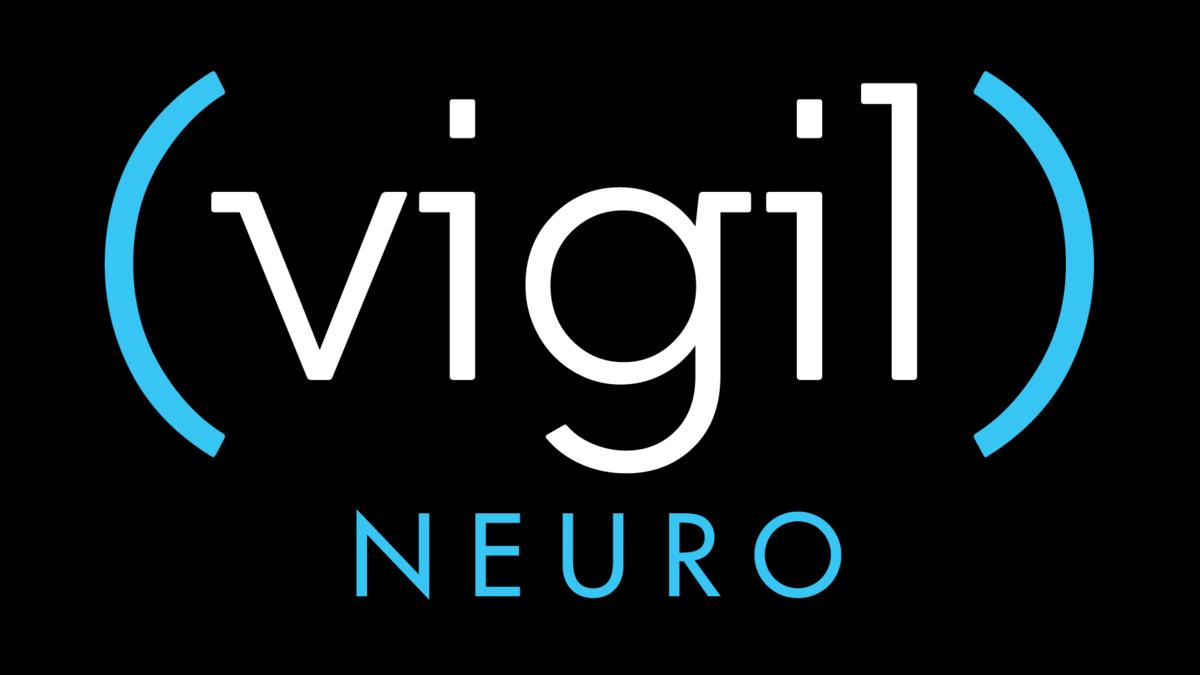Sanofi makes Alzheimer's play with Vigil takeover

Sanofi bids to add a drug candidate for Alzheimer's disease to its neurology pipeline via the acquisition of US biotech Vigil Neuroscience in a deal valued at $470 million.
The $8-per-share deal will give Sanofi control of Vigil's VG-3927, an oral drug candidate for Alzheimer's that acts as an agonist of TREM2, a transmembrane receptor expressed on microglia, a type of immune cell found in the brain.
Variants in TREM2 genes have been associated with some forms of early Alzheimer's and, while the mechanisms behind that are not fully understood, activation of TREM2 has been shown to promote the migration of microglial cells to sites of neuronal injury and enhance their ability to proliferate, survive, and carry out their immune functions.
Vigil already has positive phase 1 results with VG-3927, backing its safety as well as its ability to stimulate TREM2, and the biotech has been preparing to move forward with a phase 2 trial of a once-daily oral formulation in the third quarter of this year.
Sanofi made a $40 million equity investment in Vigil last year, which gave it an option on VG-3927. Its offer also includes a $2 contingent value right (CVR) that would be payable on the first commercial sale of VG-3927. The companies said they expect to close the transaction in the third quarter of this year.
Vigil is also developing iluzanebart (VG-101), an antibody-based TREM2 agonist licensed from Amgen being developed for rare brain disorder adult-onset leukoencephalopathy with axonal spheroids and pigmented glia (ALSP), but Sanofi is not interested in that project and it will revert to Amgen's ownership if the acquisition goes through. A phase 2 trial of iluzanebart is due to read out in the coming weeks.
Shares in Vigil were up a massive 243% in pre-market trading at the time of writing, approaching the offer price with a value of $7.95.
Neurology is one of Sanofi's main R&D priorities, but at the moment it does not have any Alzheimer's programmes in clinical development. The pharma group's head of R&D, Houman Ashrafian, said that TREM2 is a "compelling target at the intersection of immune dysregulation and neurodegeneration."
TREM2 is also interesting as it provides another avenue for drug development beyond amyloid inhibitors – with two approved products that have shown modest efficacy in trials – and other much-pursued targets like tau protein.
Other companies that have worked on TREM2 include AbbVie/Alector, which had an antibody-based agonist (AL002) that failed a phase 2 trial last November and was abandoned.


